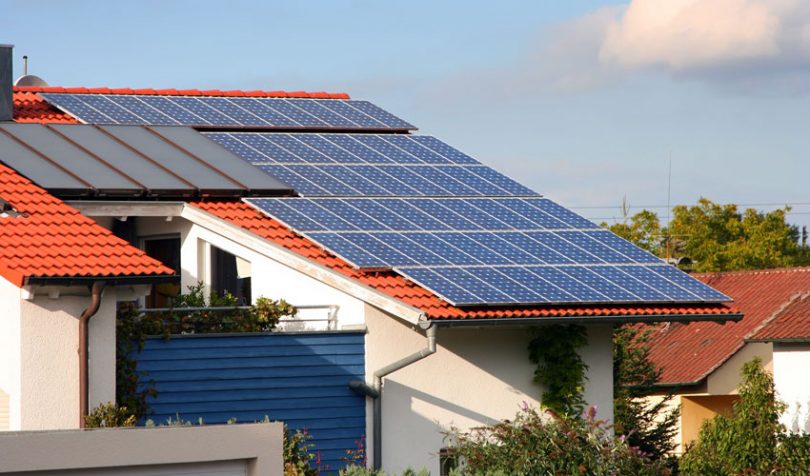Today Australian blockchain firm Power Ledger
announced that it will be extending a test run of its decentralized energy trading platform. The government-backed project will now enter a second trial phase to discover more insights following its initial success. The extension is slated to last until the end of this year.
Originally part of Australia’s Smart Cities and Suburbs Program, specifically the RENeW Nexus initiative, Power Ledger’s blockchain platform allows ordinary households to trade energy they generate. The trial ran from November of last year, focusing on 18 residences in Fremantle, Australia which have solar panels.
“Power Ledger’s platform has created a renewable energy marketplace, enabling Fremantle residents to set their own prices and trade solar energy generated from their rooftops with neighbours that don’t have solar,” said Power Ledger executive chairman Dr Jemma Green.
Article continues …
Want the full story? Pro subscribers get complete articles, exclusive industry analysis, and early access to legislative updates that keep you ahead of the competition. Join the professionals who are choosing deeper insights over surface level news.







